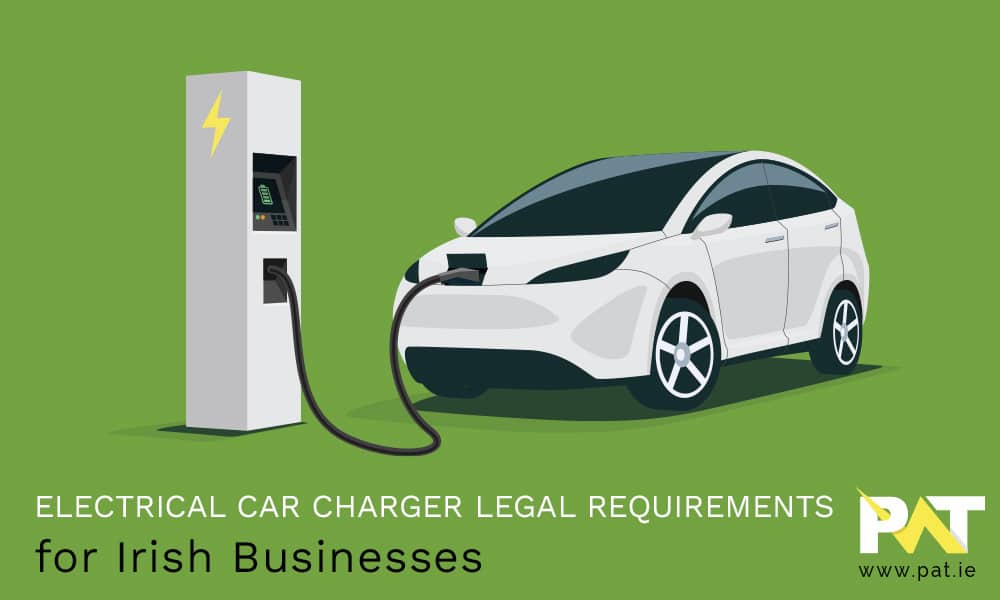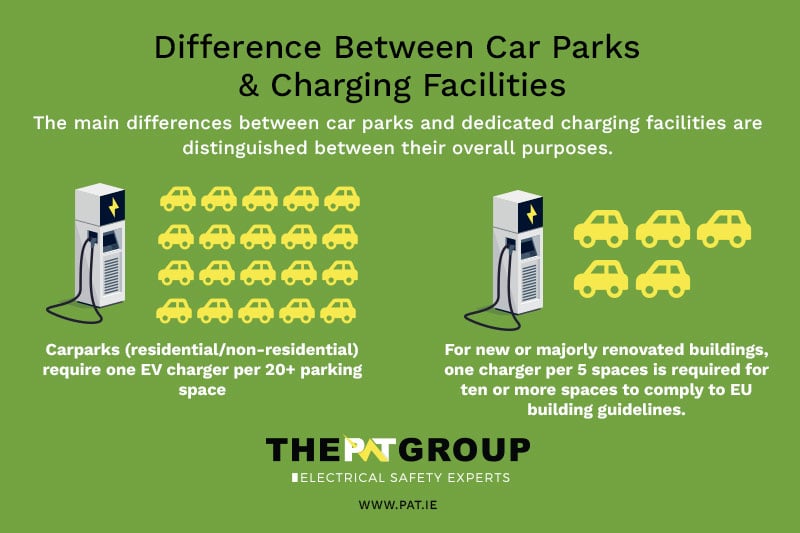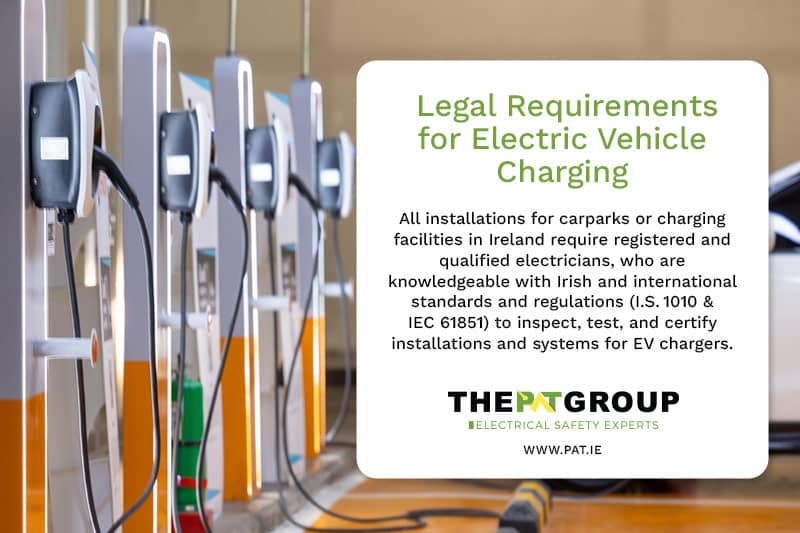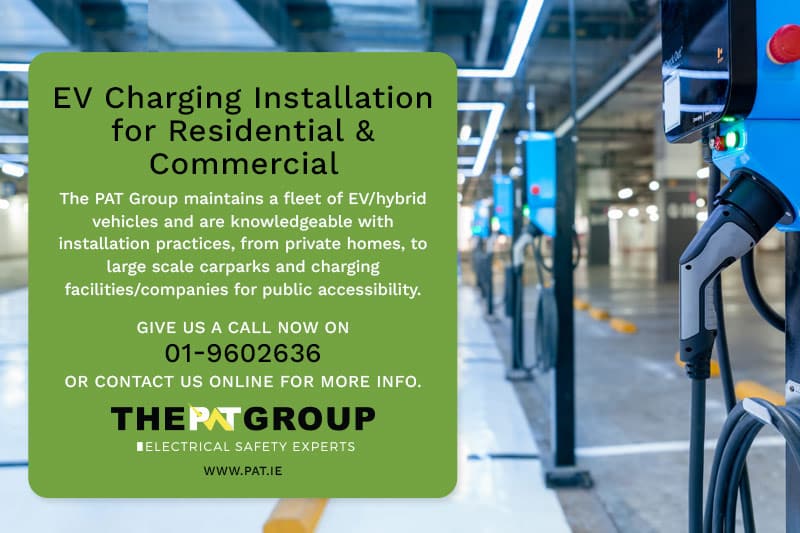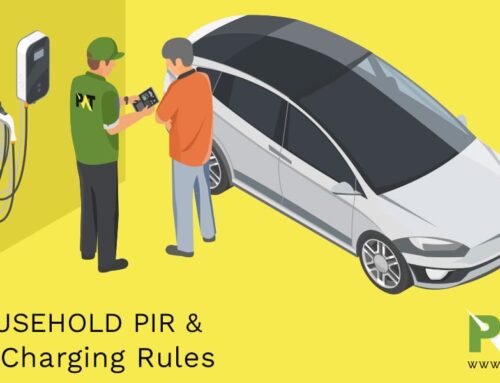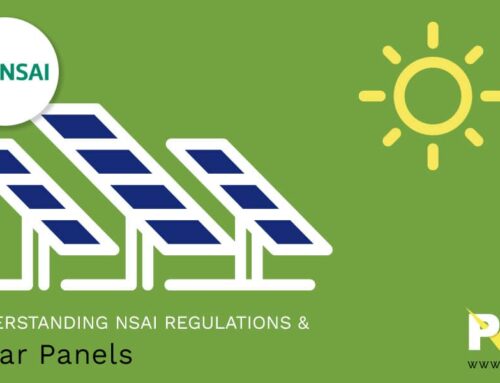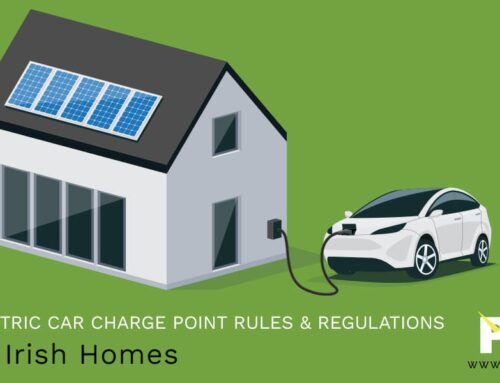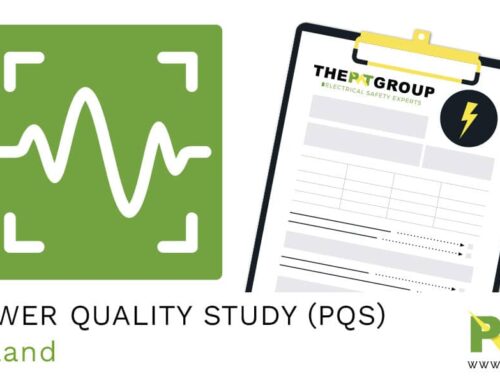As electric and hybrid vehicles are becoming more popular and commonplace, it is important for businesses to consider the installation of electrical car charging (also referred to as electrical vehicle, or EV) ports for the environment, employees and clients. However, before installing any electric vehicle (EV) chargers, Irish businesses are required to comply with legal and technical requirements as determined by their regulatory statues, especially when distinguishing between carparks and charging facilities.
Difference Between Car Parks and Charging Facilities
The main differences between car parks and dedicated charging facilities are distinguished between their overall purposes, regulatory requirements and site obligations. Carparks (residential/non-residential) require one EV charger per 20+ parking spaces, however, for new or majorly renovated buildings, one charger per five spaces is required for ten or more spaces to comply to EU building guidelines. Charging facilities are classified by their purpose as commercial sites or for public use, which may be subject to approval and coordination with ESB networks for high-capacity grid connections.
Planning Permissions for EV Charging Facilities
Depending on the volume of EV use and needs of the site, charging facilities may need planning permissions, advanced load management and connections, in addition to considerations to additional safety systems due to the volume of chargers and usage. Carparks typically do not need planning permissions for EV charger installations, unless there is a change to infrastructure, signage or traffic, but charging facilities often require permissions due to the number of changes on the site and/or development of land to facilitate charging areas.
Legal Requirements for Electric Vehicle Charging
All installations for carparks or charging facilities in Ireland require registered and qualified electricians such as those at the PAT Group, who are knowledgeable with Irish and international standards and regulations (I.S. 10101; IEC 61851) to inspect, test, and certify installations and systems for EV chargers. It is highly significant to note that improper installations of EV charge ports can present consequential electrical safety and fire risks due to faulty wiring, inadequate earthing, or lack of RCD protection or waterproofing, which can lead to electrical shock, fires, cable damage/tripping and interference with emergency systems.
SEAI Grants for EV Installation
If these systems are not installed correctly, it is typically within three years that significant damage can be measured, which often affects electrical overload or component failures, connector/cable wear, weather/UV/moisture damage and corrosion. This is especially important to note as charging ports (depending on usage and maintenance) should last 10+ years. To ensure works are done correctly (depending on the needs of the business/site), there are a number of grants in place to support proper installation for EV ports through the Sustainable Energy Authority of Ireland (SEAI).
EV Charging Installation for Residential and Commercial
The PAT Group maintains a fleet of EV/hybrid vehicles and are knowledgeable with installation practices, from private homes, to large scale carparks and charging facilities/companies for public accessibility. Depending on the needs of your business or personal needs, we have you covered now and into the future. Give us a call now on 01-9602636 or contact us online for more info.
If you found this post helpful make sure you check out our post about SEAI Easy Wins Grants.

